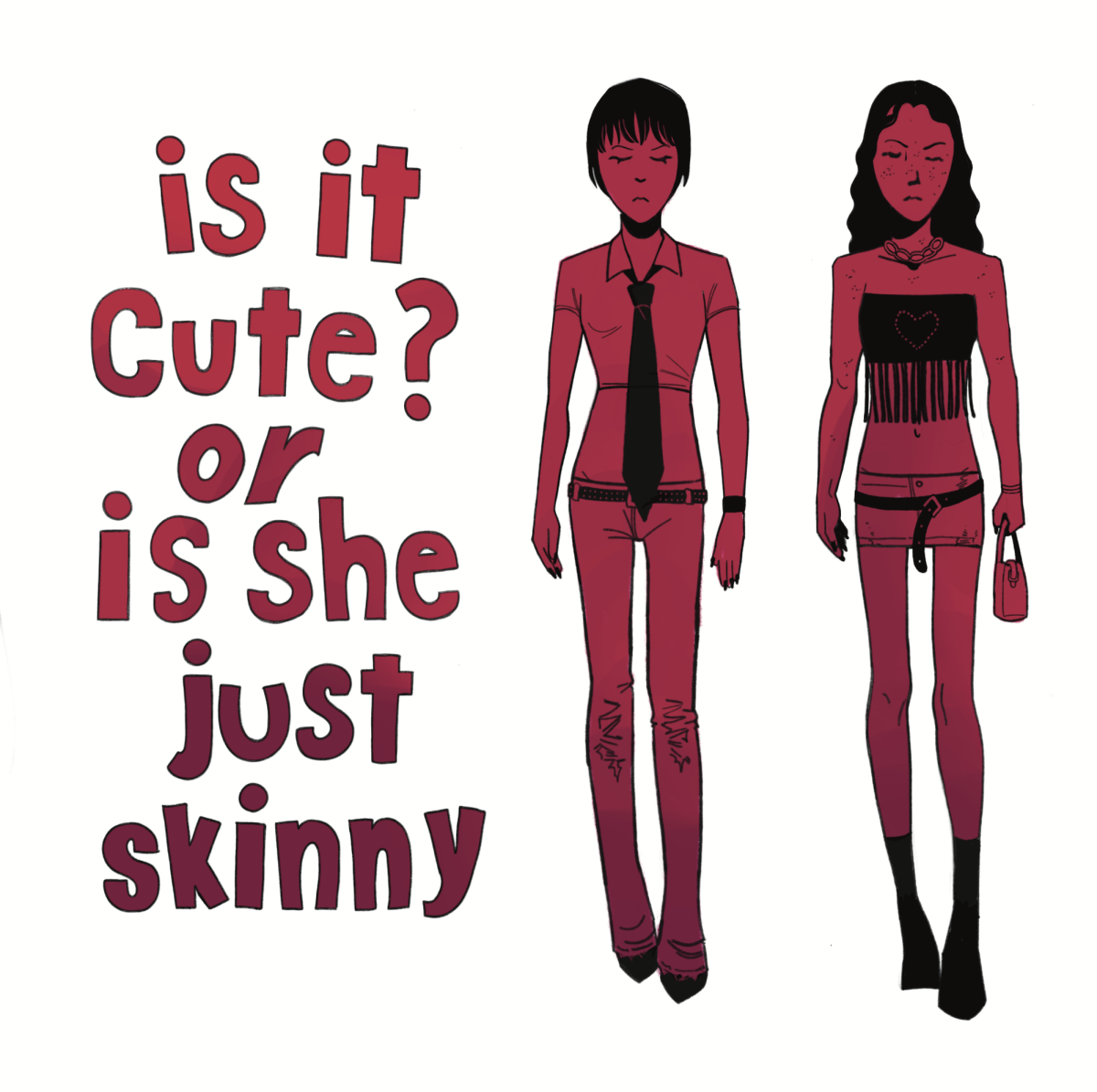GUEST COLUMN
by Paige Devlin
When was the last time you bought bottled water? Did you think that consuming that refreshing drink would have impacts on the environment, and maybe even your health? Why do many consumers still pay for this beverage when you can get it simply by turning on the faucet?
Conserving water is an issue that is discussed in regard to excess water used for household uses such as laundry, bathing, dishes and lawn maintenance. It has also become a topic for farmers because of the many different possibilities for irrigation. However, bottled water has its toll as well and has many added affects other than water waste. It creates pollution; from production, exhaust from trucks, and waste.
The selling of bottled water is harmful in many ways. First, bottled water adds results in increased carbon dioxide emissions. The production of the plastic for bottled water used 17 million barrels of oil last year alone. That is enough energy to fuel 1 million cars for a year. Also, the fuel required for transporting bottled water is immense, adding to the overall carbon dioxide levels in the atmosphere.
Secondly, bottled water decreases the political will to publicly fund water systems.
A third impact is waste. The plastic bottles must go somewhere after the consumer drinks them. In some states, where there is compensation for recycling, return levels are high: four out of every five bottles are recycled.
In Michigan where this system exists, the consumer receives ten cents back for each bottle recycled. As of 2005, the return rate was 95 percent in such states.
That is drastically different compared to the overall recycling rate of the country. Currently, only 20 percent of bottles are recycled nationwide. That means that eight out of every ten bottles that Americans consume ends up as trash in landfills. This translates to 1.5 million tons of plastic waste generated from bottled water each year. Enough waste is produced from other food and drink products that we consume. It is not necessary to add to this amount by buying a product that is 1,000 to 10,000 times cheaper when taken from the faucet.
What has drawn people away from tap water and towards bottled water? The advertisements
show bottled water to be better than tap water, pristine and clean. However, not all corporations are required to list their source of water or even the quality of the water. This could allow for bacteria and other contaminants to enter the water that is bottled up and sold.
In contrast, public water systems are required to disclose this information, enforcing much stricter regulations on water purity. Corporations have done a good job in convincing consumers otherwise. Corporations are flooded with the revenue made from bottled water, while attention is directed away from publicly funded water systems.
Towns need to maintain the funding for public water, to keep citizen’s water supply adequate in terms of amount and quality. If less political attention is given to the quality of town water and more is given towards beverage corporations the shift towards bottled water will increase. If this happens, the future of drinking water could be costly.
Luckily, steps have been taken to curb this unnecessary consumption. Already, there are organizations promoting tap water use and the elimination of bottled water. One such organization is Corporate Accountability International, a non-profit that has a series of projects all aimed at reducing corporate
abuse. A current program is titled “Think Outside the Bottle” which promotes the switch from bottled water to tap through gaining awareness through cities, public officials, schools, groups and restaurants.
Walla Walla has a great water system in place. The water comes from Mill Creek and is collected and purified at the Water treatment plant.
From there it is delivered to you. I had the privilege to visit the site and see the amount of work they do to deliver clean drinking water to Walla Walla residents. The plant is open 24-7 and water is continuously regulated and tested. They even generate electricity through water power.
We need to take advantage of this system, and keep municipal water running smoothly. So stop buying plastic bottled water, and if you don’t own one, buy a reusable water bottle, or reuse the plastic one you already have. Whether you wish to save on cash or save the environment, opting for non-bottled water is a good place to start.




